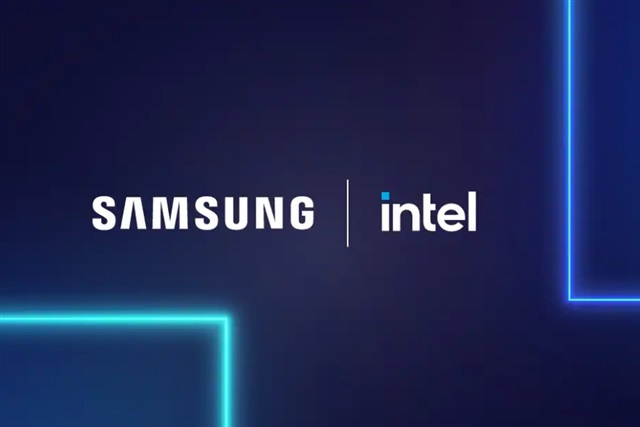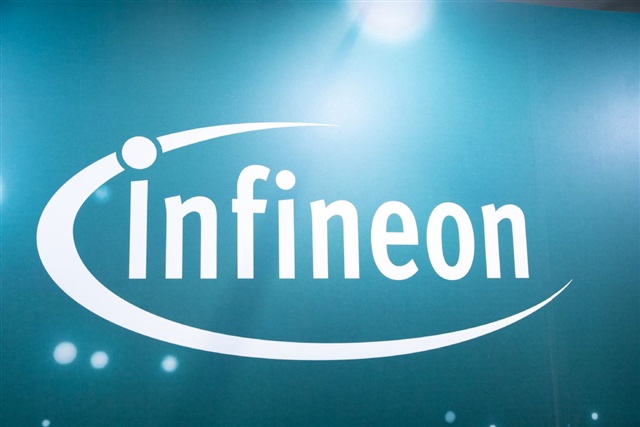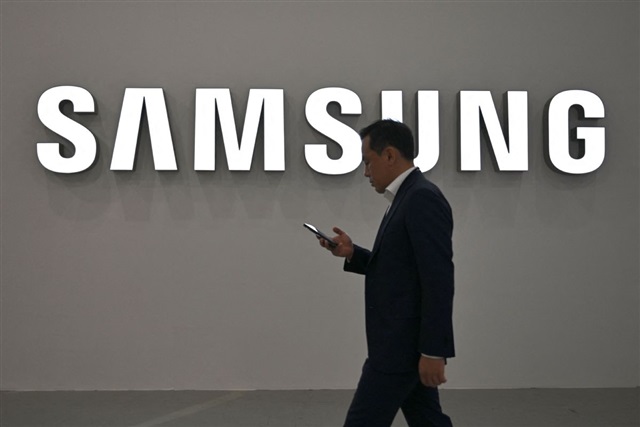The US has also extended the ban to over 40 countries which are seen as likely to buy the chips for re-sale to China.
“Today’s updated rules will increase effectiveness of our controls and further shut off pathways to evade our restrictions. These controls maintain our clear focus on military applications and confront the threats to our national security posed by the PRC Government’s military-civil fusion strategy,” said IS Secretary of Commerce Gina Raimondo.
The ban is seen as particularly affecting Intel, Nvidia, Xilinx and TSMC. Nvidia has told investors its A100, A800, H100, H800, L40, L40S, and RTX 4090 products could cone under the ban.
“The US needs to stop politicizing and weaponizing trade and tech issues and stop destabilizing global industrial and supply chains,” said China’s Foreign Ministry spokesperson Mao Ning.
“Overly broad, unilateral controls risk harming the US semiconductor ecosystem without advancing national security as they encourage overseas customers to look elsewhere,” said the SIA.
Stay up to date with the latest in industry offers by subscribing us. Our newsletter is your key to receiving expert tips.

Samsung is reportedly evaluating a potential European semiconductor expansion alongside its South Korea and US manufacturing base, as the region tightens local production requirements and Germany seek

Given frequent price increases across precious metals, wafer foundry services, and packaging and testing, Infineon's announcement of price increases is very telling for the market. The company wil

Nvidia has recently signaled to Samsung Electronics that it hopes to secure early deliveries of sixth-generation high-bandwidth memory, known as HBM4. At the same time, as memory makers devote an incr